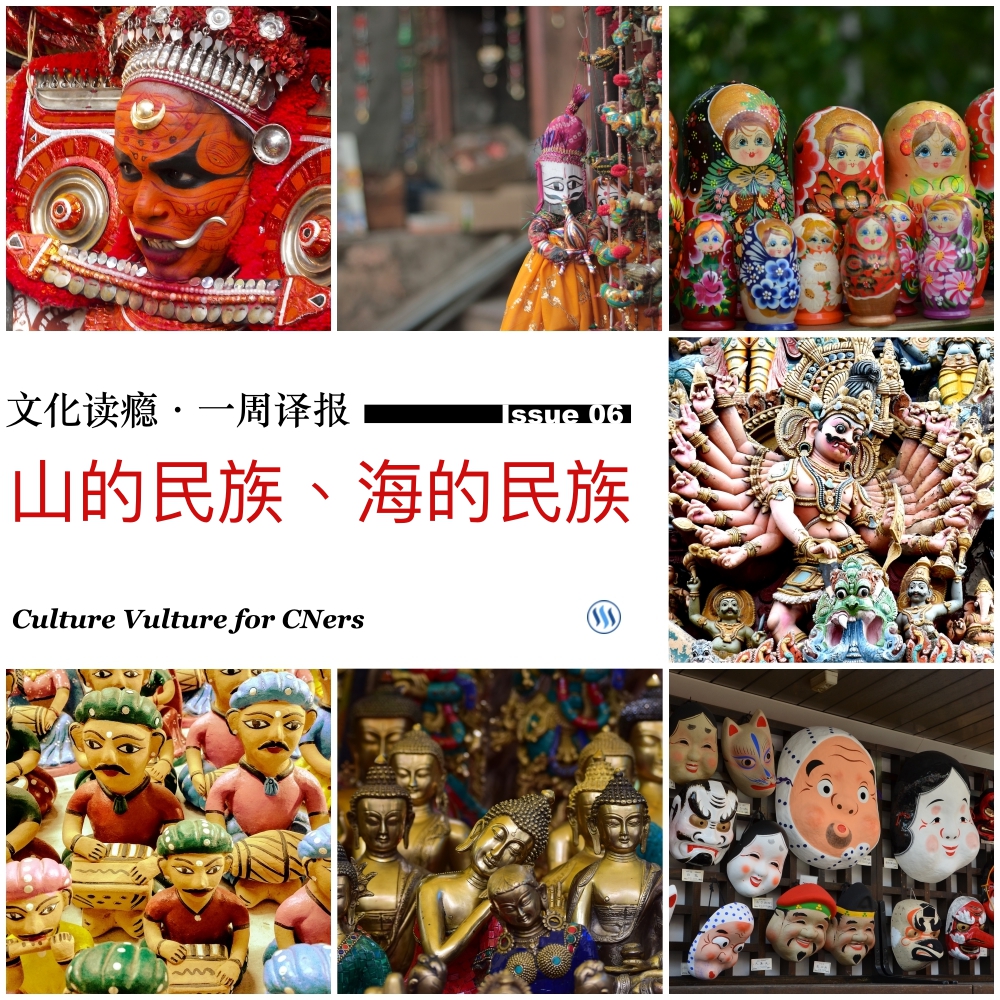
Culture Vulture (#culturevulture) is a Steemit writing challenge initiated by @eroche. You may read here for more details and the latest update.
Culture Vulture for CNers is a cross-culture translation project in collaboration with @eroche and carried out by @deanliu and @ygern. We'll pick at least one article every week and translate it into Chinese, aiming to bring cultural diversity to the #CN community. All translated articles from this series will be published with permissions from the original authors.
《文化读瘾.一周译报》是一个翻译行动,我们每周将至少精选一篇来自 #culturevulture 的文章,经原作者同意后翻译成中文,以 #cn-culturevulture 标签刊出,希望把这些有趣、多元的内容透过我们认真的筛选与精细的翻译,带到cn社区人面前呈现,拓展视野、丰富生活。
各位CN区的朋友,大家好!
今天,我们的目的地仍然在东南亚的马来群岛。婆罗洲(Borneo)是群岛里最大的岛,也是世界第三大岛,岛上覆盖着世界其中一片最古老、最原始的热带雨林,而肯雅人(Kenyah)就是一支世居于这座森林深处的原住民族。
《文化读瘾.一周译报》第6期的其中一位作者 @vaelriey就是来自马来西亚的肯雅人;读完她的文章,或许我们会对这个族群有更多的认识。
本期选文的第二篇,作者是来自印尼的 @keuudeip。印尼是群岛之国,国土近乎横跨整个马来群岛。这篇文章短小,却从一艘渔船的名称,连结到这个海上民族的精神面貌,读来可感受到些许诗意。

Original title: “The Asian Zone”
Authored by @keuudeip, translated by @ygern
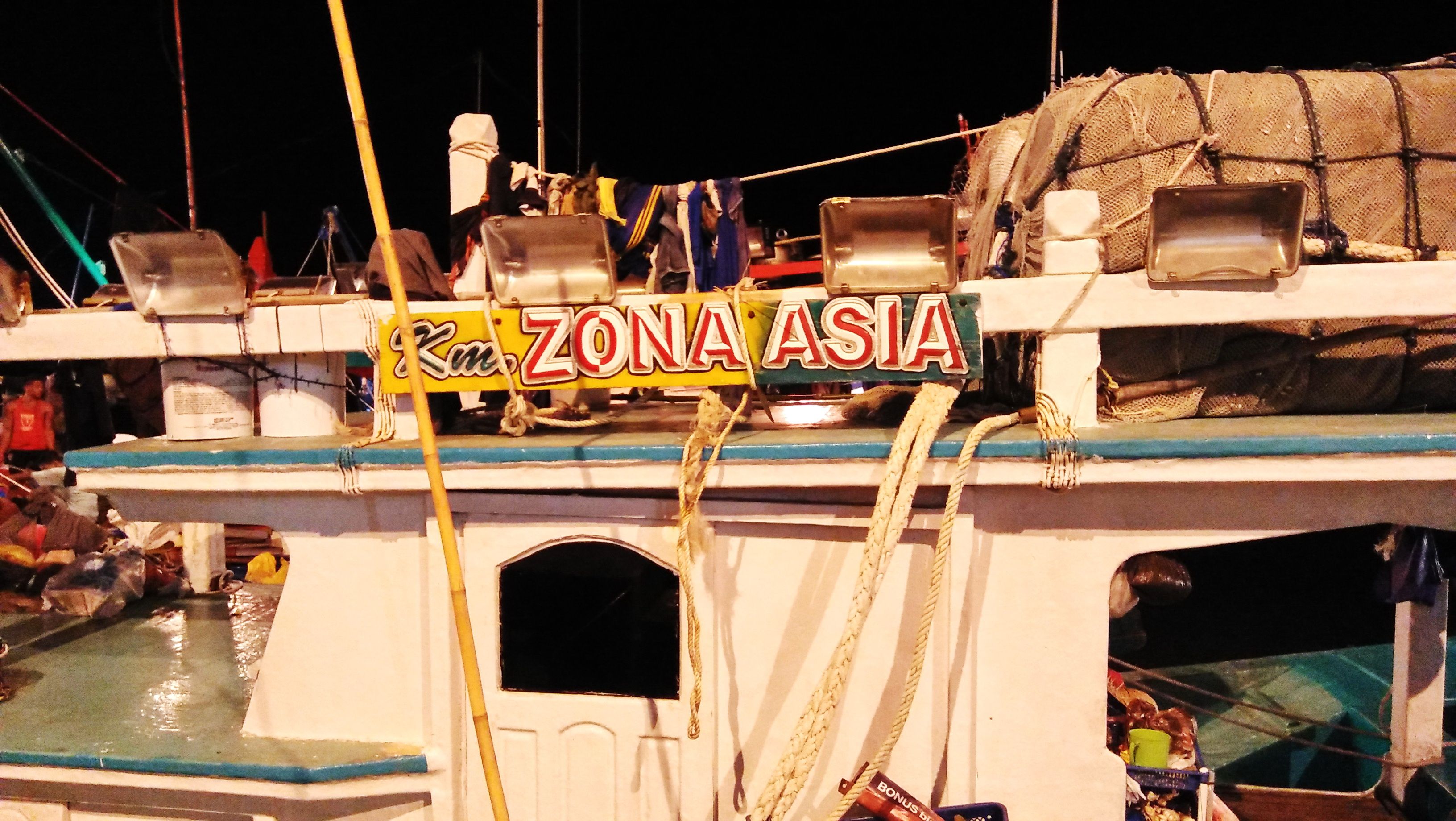
在地球表面,连结着陆地的,当然就是那一片蓝色。海洋里充满生机,对我们而言却比沙漠还更荒瘠。这个蓝色地表常常摇身一变,即成了恶魔的巨大拳头,恣意挥手击垮一切。那里的风,随时可成为恐怖的锤杖,把所有存在之物敲打成散落漂浮的残骸,瞬间夺去一切生命。
我们或许想像着蓝色地表的美丽与浪漫,却始终无法摆脱那骇人的现实。
然而,总是有敢于面对的人。这些人有的是聪明才智,且行事慎密。
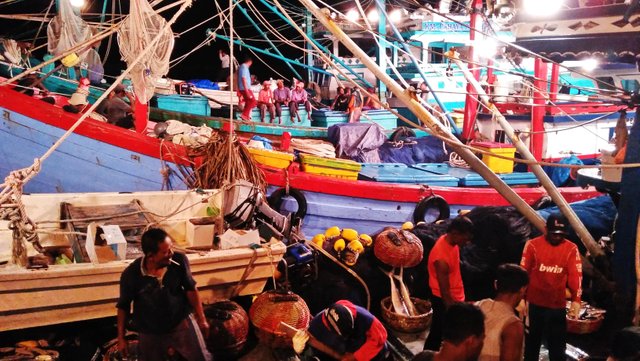
我们知道,因为我们是生活在群岛的人——我们,即是勇者存在的明证。若不是他们的勇气,我们必将隔离于大陆,而且可能早已不复存在。
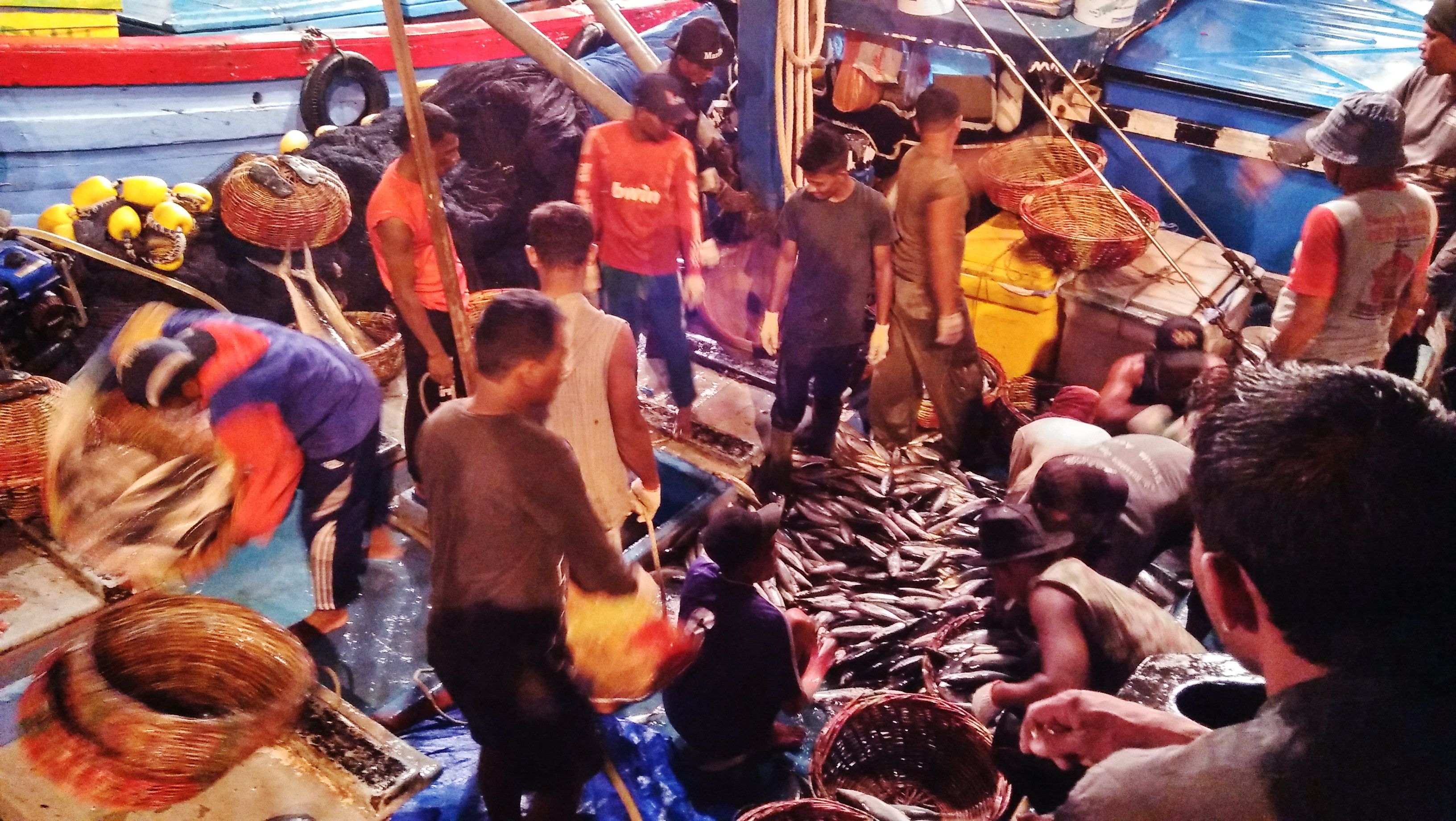
不过,这一切特质,比如勇气、智慧,以及力求精准与敢于冒险的精神,实际上是一代又一代地传承下去。我眼前的这些渔夫,即带着这样的精神,离开陆地,到海上探寻鱼群。他们甚至毫不犹豫地,将渔船命名为“Zona Asia”(“亚洲区域”号)。我似乎读懂了个中含意——在名为亚洲的这片蓝色疆域里,他们敢于悠游。限制他们的,仅是那些领土划分的法律。但是,纵然如此,他们仍然不失为海上的探索者——他们都是真正的探险家。
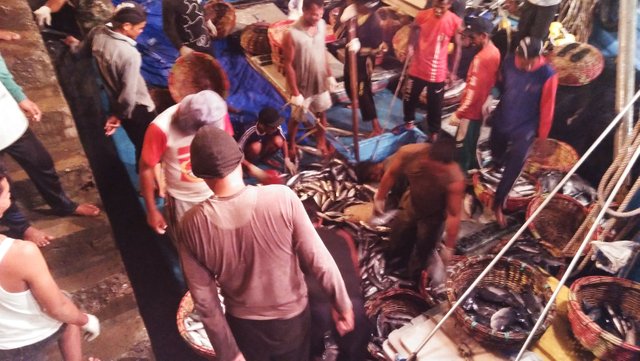
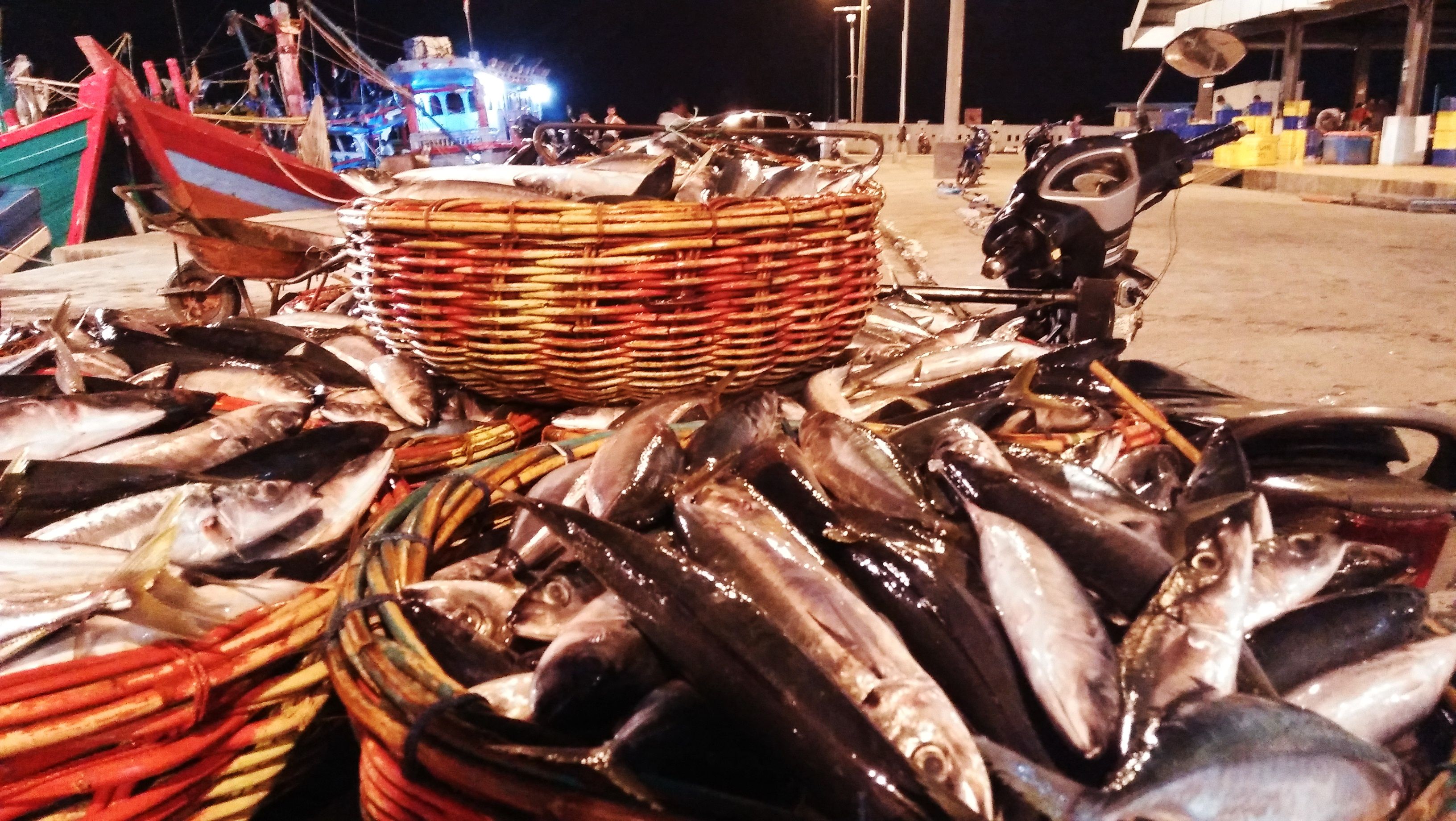
谨以此文献给 @curiesea。

Original title: Kenyah, the Indigenous People of Borneo
Authored by @vaelriey, translated by @ygern
马来西亚是个多元文化的国家,我们引以为傲;即使我们的宗教信仰与文化各不相同,却始终和谐共处。
马来西亚社会由不同的种族群体组成。最主要的三个族群是马来人、华人及印度人。今天,我要向大家介绍的族群是肯雅人(Kenyah),他们是居住在砂拉越州(Sarawak)的一个族群。我是肯雅族人,我因我的身分而自豪。
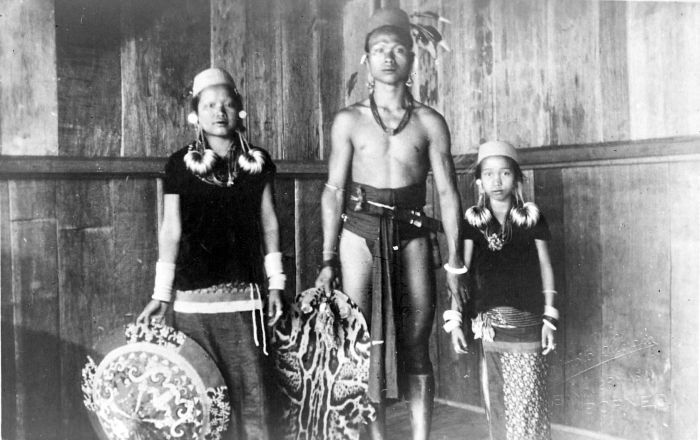
图片来源:隶属于荷兰国立世界文化博物馆的热带博物馆(Tropenmuseum),CC BY-SA 3.0
背景
肯雅人也被称为“Orang Ulu”(意思是“内陆的人”),是婆罗洲的原住民。他们主要聚居在砂拉越州峇南(Baram)河流域的内陆地区,以及印尼加里曼丹(Kalimantan)东部。他们在婆罗洲的家园,部分地区被划入马来西亚领土,部分则属于印尼。
我父亲是来自砂拉越民都鲁市(Bintulu)的肯雅人,母亲则是来自峇南的肯雅人。
这条河就在我母亲的长屋前。
语言
肯雅人有自己的语言,我们称之为肯雅语,是南岛语系的一个小分支。肯雅语是个濒临死亡的语言,只有老一辈的人使用。年轻世代说的,则是掺杂了肯雅语、马来语及少数英语的混合语言。肯雅人分为不同部落,彼此说着不同的方言。以我为例,我可以听得懂母亲家乡的肯雅语(Long Selatong Lepo' Gah),也可以理解父亲家乡的方言(Long Unan);但我只会说母亲的家乡话(当然也混杂了大量的马来语和英语 😅)。
以下是一些简单的肯雅语(Long Selatong)词汇:
- 我:Akek
- 你:Ikok
- 吃:Kuman
- 睡:Lurok
- 母:Uwek
- 父:Amai
信仰
基督教传教士到来之前,肯雅社会普遍依循的是“Bungan”信仰,这是一种万物有灵论的传统形式。然而,今日只有极少部分的肯雅人仍然相信Bungan。
文化
自古以来,肯雅是农业社会,同时也是狩猎者。即使到了今天,我的祖母仍然种植稻米、水果与蔬菜,我的舅舅们则在森林里打山猪及野鹿。
我的祖母还住在“长屋”(longhouse)里。许多年轻人早已移居到城市去,一年当中只是偶尔回到家乡。一栋长屋住着许多个家庭,住户们选出他们长屋的屋长。逢年过节,如丰收节、圣诞节,或举办传统婚礼时,居民便会聚集在长屋的长廊里。
这是我的长屋前的景象。
我们家空荡荡的长廊。
圣诞节那天,所有村民聚集在长屋的长廊,一起享用午餐。
音乐
肯雅人创作属于我们自己的歌曲与旋律,如“Lan E Tuyang”、“Leleng leleng”。常见的肯雅传统乐器是沙贝琴(sape)。一把沙贝琴的价格大约在马币480元(大约USD120)以上。
我想借此机会,为你献上一首来自印尼婆罗洲北部的肯雅人Uyau Moris的作品:
肯雅人的传统舞蹈也以这种沙贝琴伴奏。
注:除非另有注明,所有照片皆由作者以Sony Xperia Z Ultra摄影。
- All translated articles from this series will be published with permissions from the original authors.
- Author's liquid reward (SBD) from this series will be used for supporting the Culture Vulture Challenge project (60%) and the selected participating original author (40%). The remaining author's reward (SP) will be shared among two project collaborators.
- Article selection for this translation series is independent of, and hence has no impact on the Culture Vulture Challenge winner selection.
- Articles pertinent to the Chinese culture would only be considered under special circumstances, as our primary purpose is to enable people from the cn community to see beyond their usual surroundings and connect with the versatile cultures around the globe.
- 文章发布皆已取得原作者同意。
- 这系列文章的作者收益,SBD部分60%将资助Culture Vulture Callenge项目,40%则回馈给原作者;SP部分则由两位合作者共享。翻译工作主要是由 @ygern负责。
Thanks very much for including my work in this very special project. And as my appreciation and form of support for the project, I will donate all my rewards part as the original author to the project. This is a true statement from me, @keuudeip. You no longer need to transfer it to me, and please just transfer it directly to @culturevulture. Thanks for your attention.
Downvoting a post can decrease pending rewards and make it less visible. Common reasons:
Submit
Thanks! But you cannot decline my upvote. :)
Downvoting a post can decrease pending rewards and make it less visible. Common reasons:
Submit
LOL 😄 You're absolutely right. Thank you very much, @deanliu. Thanks for all the kindness.
Downvoting a post can decrease pending rewards and make it less visible. Common reasons:
Submit
Your generosity is much appreciated. :)
we will convey the message to @eroche
Downvoting a post can decrease pending rewards and make it less visible. Common reasons:
Submit
Thank you, @ygern. Hope #culturevulture will get a more better place in the community.
Downvoting a post can decrease pending rewards and make it less visible. Common reasons:
Submit
That is very generous @keuudeip, thank you for this donation and good luck with future entries.
Downvoting a post can decrease pending rewards and make it less visible. Common reasons:
Submit
Thank you for taking part in this months #culturevulture competition. Good Luck
Downvoting a post can decrease pending rewards and make it less visible. Common reasons:
Submit
intéressent article merci
Downvoting a post can decrease pending rewards and make it less visible. Common reasons:
Submit
Akek Lurok Ikok
Downvoting a post can decrease pending rewards and make it less visible. Common reasons:
Submit
(其他組合無可避免會對長輩不敬,所以只能讓你贏了。)
Downvoting a post can decrease pending rewards and make it less visible. Common reasons:
Submit
Ikok Lurok Akek?
Downvoting a post can decrease pending rewards and make it less visible. Common reasons:
Submit
@vaelriey, you should teach us more vocab! lol
Downvoting a post can decrease pending rewards and make it less visible. Common reasons:
Submit
Hahaha sure! I will put in more phrases in my next post ☺️
Downvoting a post can decrease pending rewards and make it less visible. Common reasons:
Submit
Amai Uwek Lurok?
Downvoting a post can decrease pending rewards and make it less visible. Common reasons:
Submit
Akek Kuman Ikok
Downvoting a post can decrease pending rewards and make it less visible. Common reasons:
Submit
作為城市人,對以農業和搜獵為生的肯雅民族真的很陌生,不過也很羨慕她們純淨的生活。🌈🌈🌈
Downvoting a post can decrease pending rewards and make it less visible. Common reasons:
Submit
砂拉越是一個非法伐木活動猖獗的地方,原住民的生活環境不斷被侵略。他們也有他們的艱難課題。
Downvoting a post can decrease pending rewards and make it less visible. Common reasons:
Submit
國土和利益被侵佔,世界的殘酷現實⋯👾👾👾
Downvoting a post can decrease pending rewards and make it less visible. Common reasons:
Submit
thankyou for sharing chines culture
Downvoting a post can decrease pending rewards and make it less visible. Common reasons:
Submit
好喜歡這曲風!!! 😍😍😍
Downvoting a post can decrease pending rewards and make it less visible. Common reasons:
Submit
多谢分享!
Downvoting a post can decrease pending rewards and make it less visible. Common reasons:
Submit
感謝點閱 :)
Downvoting a post can decrease pending rewards and make it less visible. Common reasons:
Submit
You always do such a good job at putting your posts together! I obviously don't understand the language, but you simply have to look at it to be intrigued!
Downvoting a post can decrease pending rewards and make it less visible. Common reasons:
Submit
🤓
Downvoting a post can decrease pending rewards and make it less visible. Common reasons:
Submit
thanks, sweetpea!
Downvoting a post can decrease pending rewards and make it less visible. Common reasons:
Submit
好有特色的民族。
Downvoting a post can decrease pending rewards and make it less visible. Common reasons:
Submit
@deanliu Really good post.
Downvoting a post can decrease pending rewards and make it less visible. Common reasons:
Submit
very good post my friend...
good job..
Downvoting a post can decrease pending rewards and make it less visible. Common reasons:
Submit
Thanks for dropping by..
Downvoting a post can decrease pending rewards and make it less visible. Common reasons:
Submit
you are welcome my friend..
Downvoting a post can decrease pending rewards and make it less visible. Common reasons:
Submit
Congratulations @deanliu , we r much excited to know about it, wonderful job you have done.
Downvoting a post can decrease pending rewards and make it less visible. Common reasons:
Submit
thank you. most credit goes to @ygern and the authors...
Downvoting a post can decrease pending rewards and make it less visible. Common reasons:
Submit
thanks for introducing us with great culture and nice place..every picture says something about it..nice post..thanks for sharing.
Downvoting a post can decrease pending rewards and make it less visible. Common reasons:
Submit